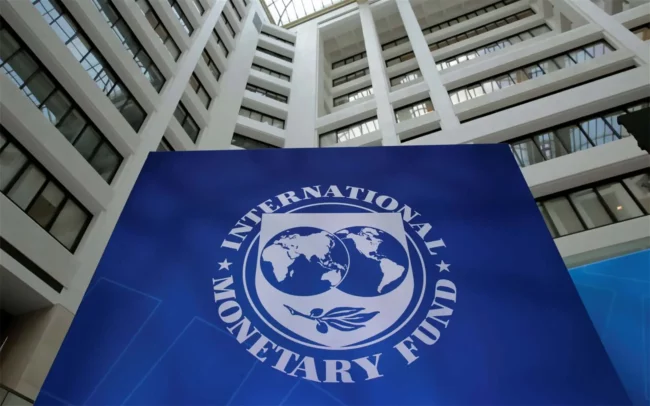THE International Monetary Fund (IMF), which recently experienced a cyber incident, detected on February 16, has commenced subsequent investigation with the assistance of independent cybersecurity experts to determine the nature of the breach and remediation actions have been taken.
The investigation determined that 11 IMF email accounts were compromised. The impacted email accounts were re-secured.
In a statement signed by IMF press officer, Paris Devahasadin, the global institution noted that “We have no indication of further compromise beyond these email accounts at this point in time. The investigation into this incident is continuing.
In a statement, the fund said, “The IMF takes prevention of and defense against cyber incidents very seriously and, like all organisations, operates under the assumption that cyber incidents will unfortunately occur. The IMF has a robust cybersecurity programme in place to respond quickly and effectively to such incidents.”
The IMF had earlier warned that given strong financial and technological interconnections, a successful attack on a major financial institution or on a core system or service used by many, could quickly spread through the entire financial system, causing widespread disruption and loss of confidence.
It added that transactions could fail as liquidity is trapped, households and companies could lose access to deposits and payments. Under extreme scenarios, investors and depositors may demand their funds or try to cancel their accounts or other services and products they regularly use.
Hacking tools are now cheaper, simpler and more powerful, allowing lower-skilled hackers to do more damage at a fraction of the previous cost. The expansion of mobile-based services (the only technological platform available for many people), increases the opportunities for hackers.
Attackers target large and small institutions, rich and poor countries and operate without borders. Fighting cybercrime and reducing risk must, therefore, be a shared undertaking across and inside countries.
While the daily foundational risk management work — maintaining networks, updating software and enforcing strong ‘cyber hygiene’ — remains with financial institutions, there is also a need to address common challenges and recognise the spillovers and interconnections across the financial system.
Individual firm incentives to invest in protection are not enough. Regulation and public policy intervention are needed to guard against underinvestment and protect the broader financial system from the consequences of an attack.
“In our view, many national financial systems are not yet ready to manage attacks, while international coordination is still weak. In new IMF staff research, we suggest six major strategies that would considerably strengthen cybersecurity and improve financial stability worldwide,” it stated.
READ ALSO: Senator Joel-Onowakpo calls for calm, condemns killing of soldiers in Delta






